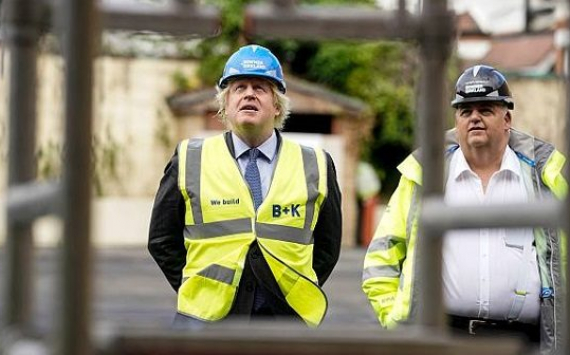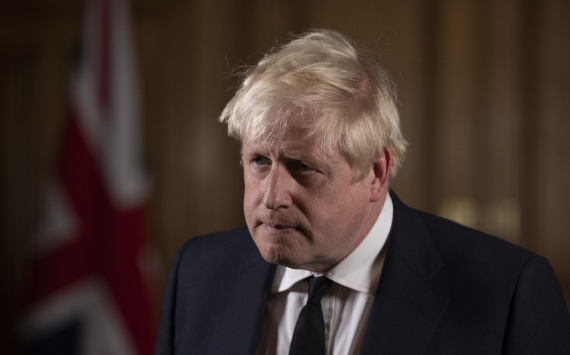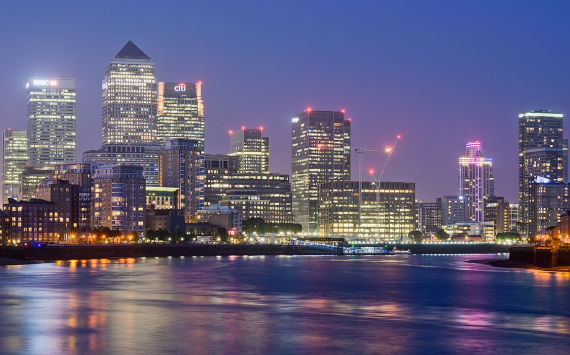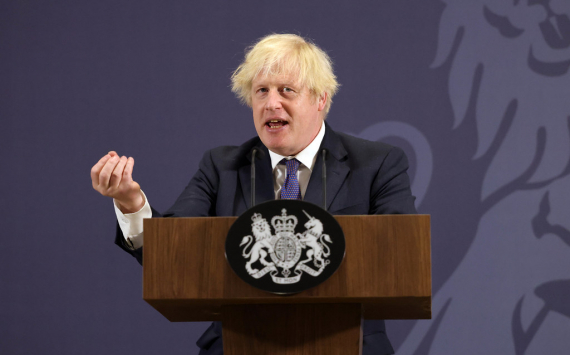
Prime Minister Boris Johnson has promised on Tuesday to kick start the economy with a £5bn “new deal” to get England back to work.
Johnson set out plans for an “infrastructure revolution” which will see road, hospital, schools, streets and town centres and criminal justice to be modernised.
Due to months of lockdown the economy has been heavily impacted, and Johnson wants the country to pull to together and “build, build, build.”
The Prime Minister said, “If we deliver this plan together, then we will together build our way back to health. We will not just bounce back, we will bounce forward – stronger and better and more united than ever before.”
He added, “It sounds positively Rooseveltian. It sounds like a New Deal. All I can say is that if so, then that is how it is meant to sound and to be because that is what the times demand, government that is powerful and determined and that puts its arms around people at a time of crisis. This is a government that is wholly committed not just to defeating coronavirus but to using this crisis finally to tackle this country’s great unresolved challenges of the last three decades. To that end we will build, build, build, build back better, build back greener, build back faster and to do that at the pace that this moment requires.”
IEA Senior Academic Fellow Professor Philip Booth said:
“We should be wary of hype about a ‘Rooseveltian’ New Deal. To begin with, the impact of the original New Deal was not positive. The US had the longest Great Depression of any major Western economy.
The UK recovered more quickly, with fiscal restraint and supply-side policies which allowed the private sector to recover, including through house building. West Germany’s experience after the Second World War was similar. When the economy has a supply shock, we need to liberalise to allow it to adapt, not borrow and print money.
Covid does not change the arguments for infrastructure spending. It should be pursued if it has a positive rate of return, after allowing for risk. The UK government has been extremely bad at picking profitable projects – HS2 being only the latest example. The government should therefore make way for the private sector to finance investment and take on the risk itself.”
IEA Economics Fellow Julian Jessop added, “Private investors are willing to invest in infrastructure, but there should be no return to the expensive PFI of the past. Private investors should fully take the risk whilst benefiting from the full returns from the project without expensive regulation and legal obstacles imposed by the Treasury.
In fact, Johnson’s speech actually contained little new – and this is a relief. He has announced some more infrastructure spending, including £5bn on specific projects. But the March Budget had already promised more than £600 billion in new investment over the next five years. Some of this is just being repackaged as a response to the Covid crisis.
There should already be enough pent-up demand to reboot the economy, without the government needing to spend and borrow even more. Policy should now focus instead on supply-side reforms, including the liberalisation of planning rules and some well-targeted tax cuts.
This should be enough to help get unemployment down again. Infrastructure projects should stand or fall on their own merits, not as schemes to ‘create’ jobs.”
IEA Editorial and Research Fellow Len Shackleton added, “The Prime Minister’s offer of a guaranteed apprenticeship or in-work placement for every young person is wishful thinking.
History suggests that governments are rarely successful in promoting high-quality apprenticeships; for example, the apprenticeship levy under Mrs May actually led to a fall in the number of apprenticeships available, very few of which were degree-equivalent.
If the UK labour market is to recover quickly, the government needs to concentrate on relieving employers of burdensome taxes and employment regulation, rather than trying to manipulate their training policies in a direction that policy-makers think best.”







































